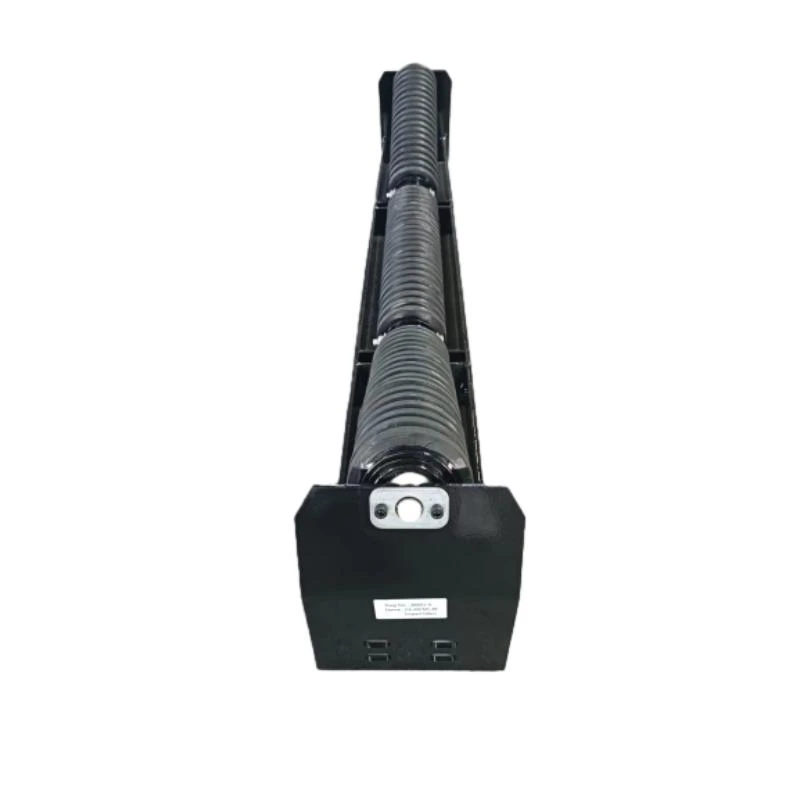 Afrikaans
Afrikaans  Albanian
Albanian  Amharic
Amharic  Arabic
Arabic  Armenian
Armenian  Azerbaijani
Azerbaijani  Basque
Basque  Belarusian
Belarusian  Bengali
Bengali  Bosnian
Bosnian  Bulgarian
Bulgarian  Catalan
Catalan  Cebuano
Cebuano  Corsican
Corsican  Croatian
Croatian  Czech
Czech  Danish
Danish  Dutch
Dutch  English
English  Esperanto
Esperanto  Estonian
Estonian  Finnish
Finnish  French
French  Frisian
Frisian  Galician
Galician  Georgian
Georgian  German
German  Greek
Greek  Gujarati
Gujarati  Haitian Creole
Haitian Creole  hausa
hausa  hawaiian
hawaiian  Hebrew
Hebrew  Hindi
Hindi  Miao
Miao  Hungarian
Hungarian  Icelandic
Icelandic  igbo
igbo  Indonesian
Indonesian  irish
irish  Italian
Italian  Japanese
Japanese  Javanese
Javanese  Kannada
Kannada  kazakh
kazakh  Khmer
Khmer  Rwandese
Rwandese  Korean
Korean  Kurdish
Kurdish  Kyrgyz
Kyrgyz  Lao
Lao  Latin
Latin  Latvian
Latvian  Lithuanian
Lithuanian  Luxembourgish
Luxembourgish  Macedonian
Macedonian  Malgashi
Malgashi  Malay
Malay  Malayalam
Malayalam  Maltese
Maltese  Maori
Maori  Marathi
Marathi  Mongolian
Mongolian  Myanmar
Myanmar  Nepali
Nepali  Norwegian
Norwegian  Norwegian
Norwegian  Occitan
Occitan  Pashto
Pashto  Persian
Persian  Polish
Polish  Portuguese
Portuguese  Punjabi
Punjabi  Romanian
Romanian  Russian
Russian  Samoan
Samoan  Scottish Gaelic
Scottish Gaelic  Serbian
Serbian  Sesotho
Sesotho  Shona
Shona  Sindhi
Sindhi  Sinhala
Sinhala  Slovak
Slovak  Slovenian
Slovenian  Somali
Somali  Spanish
Spanish  Sundanese
Sundanese  Swahili
Swahili  Swedish
Swedish  Tagalog
Tagalog  Tajik
Tajik  Tamil
Tamil  Tatar
Tatar  Telugu
Telugu  Thai
Thai  Turkish
Turkish  Turkmen
Turkmen  Ukrainian
Ukrainian  Urdu
Urdu  Uighur
Uighur  Uzbek
Uzbek  Vietnamese
Vietnamese  Welsh
Welsh  Bantu
Bantu  Yiddish
Yiddish  Yoruba
Yoruba  Zulu
Zulu belt cleaner
The Importance of Belt Cleaners in Industrial Settings
In modern industrial environments, conveyor belts play an essential role in the efficient movement of materials. However, the effectiveness of these systems can be compromised by the accumulation of residual materials on the belts themselves. This is where belt cleaners come into play. They are crucial components designed to enhance the cleanliness of conveyor belts, ensuring optimal performance and longevity of the equipment.
Belt cleaners are installed along the conveyor system and function to remove residual materials that adhere to the surface of the belt. These materials can vary widely – from dust and dirt to sticky or bulky substances like mud or product debris. If not adequately removed, these residues can lead to several issues, including slippage, increased wear and tear on the belts, and even potential safety hazards.
Types of Belt Cleaners
Belt cleaners come in various types, each designed to address specific industrial needs. The most common types are primary and secondary cleaners. Primary cleaners are installed at the discharge point of the conveyor and aim to remove the bulk of the material from the belt. Secondary cleaners are used to eliminate any remaining residues that the primary cleaner may have missed.
Moreover, belt cleaners can be made from different materials, such as rubber, polyurethane, or metal, depending on the application. For instance, in a food processing facility, abrasion-resistant rubber might be preferred to maintain sanitary conditions, while heavy-duty metal cleaners would be suitable for more abrasive materials in mining operations.
Benefits of Using Belt Cleaners
Incorporating belt cleaners into a conveyor system offers numerous benefits. Firstly, they significantly reduce material spillage, which can lead to hazardous work conditions. Excess material on the ground can cause slips and falls, resulting in workplace injuries. By maintaining a cleaner operational environment, companies can promote better safety standards.
belt cleaner

Secondly, belt cleaners contribute to the efficiency of the overall conveyor system. Clean belts operate more smoothly, reducing the likelihood of disruptions due to material buildup. This can lead to faster production times, ultimately improving output and profitability.
Additionally, regular maintenance with effective belt cleaning systems can extend the lifespan of conveyor belts. Belts that remain clean are less likely to suffer from wear and damage, which saves companies from costly replacements and downtime.
Choosing the Right Belt Cleaner
When selecting a belt cleaner, several factors must be considered. The type of material being conveyed, the environment in which the system operates, and the specific cleaning requirements all play crucial roles in determining the most suitable cleaner. Furthermore, it's essential to consider the maintenance needs of the cleaner itself. Some models require more frequent adjustment or replacement than others, impacting total operational costs.
Moreover, a partnership with a reputable supplier can ensure that businesses select the appropriate cleaning mechanisms tailored to their unique operational demands. These suppliers often provide valuable insights into the latest technologies and innovations in belt cleaning solutions, allowing companies to stay ahead of industry standards.
Conclusion
In conclusion, the role of belt cleaners in industrial settings cannot be overstated. They are vital in promoting safety, efficiency, and longevity in conveyor systems. By effectively minimizing material buildup and ensuring clean operational environments, belt cleaners contribute to the overall success of industrial processes. As industries continue to evolve, investing in advanced belt cleaning technologies will play a significant role in achieving operational excellence and maintaining competitive advantages.
-
Revolutionizing Conveyor Reliability with Advanced Rubber Lagging PulleysNewsJul.22,2025
-
Powering Precision and Durability with Expert Manufacturers of Conveyor ComponentsNewsJul.22,2025
-
Optimizing Conveyor Systems with Advanced Conveyor AccessoriesNewsJul.22,2025
-
Maximize Conveyor Efficiency with Quality Conveyor Idler PulleysNewsJul.22,2025
-
Future-Proof Your Conveyor System with High-Performance Polyurethane RollerNewsJul.22,2025
-
Driving Efficiency Forward with Quality Idlers and RollersNewsJul.22,2025





























